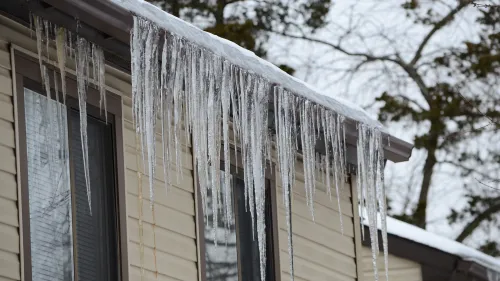Home Safety
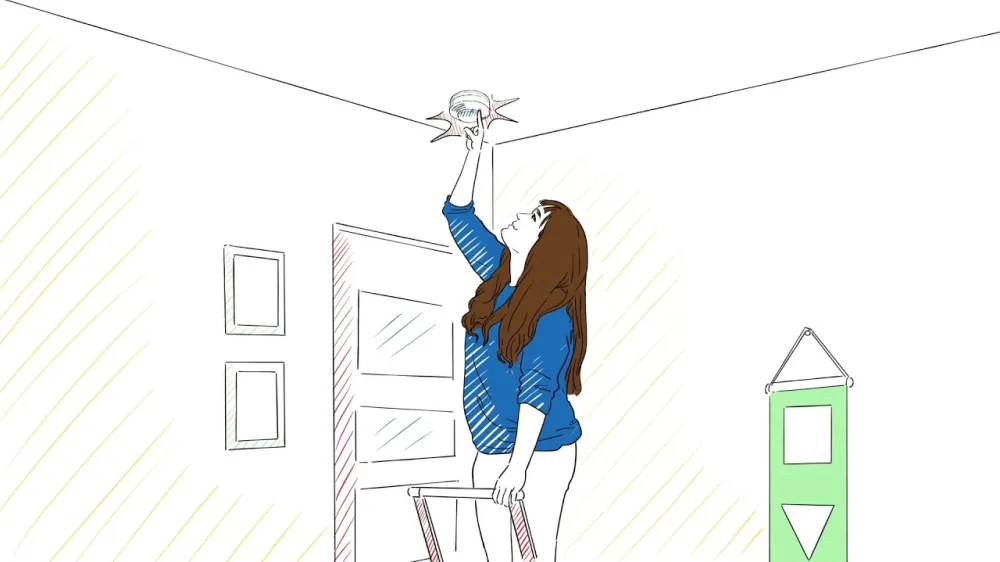
Basic Home Safety
When you move into your new home, spend time meeting your immediate neighbors and other people who live nearby. When you’re familiar with your community, it is easier to notice if something is out of place or if there are strangers who you don’t recognize.
To keep everyone safe, lock outside doors at all times. Do not allow strangers into your home. Close and lock your windows when you’re not home. If you’re away from home for a long time, consider using a timer to make a light or TV turn on and off automatically. This can make it seem like you’re home, which can help prevent strangers from entering your house.
Finally, use and maintain appliances and bathroom facilities as instructed. For example, don’t use damaged electrical cords and turn sink, shower, or bath water off completely when not in use.
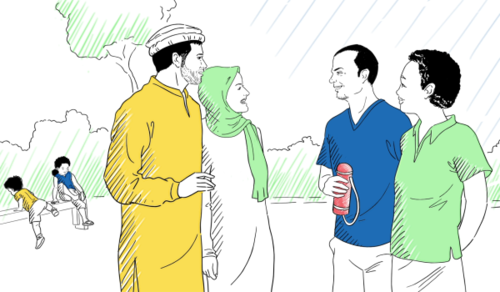


Fire Safety
To protect your home from fires, know how to use your fire extinguisher and understand how smoke detectors work. If you rent, your landlord must provide working smoke detectors and a fire extinguisher. Never remove smoke detector batteries. If your smoke detector beeps, change the battery. Here are some other fire safety tips:
- Make a fire escape plan with your family and practice it. Also, test your smoke detectors regularly.
- Don’t leave stove top burners, hot plates, ovens, or portable space heaters on unattended. Never use your stove top or oven for heat. Don’t place items close to space heaters.
- Never leave burning candles or incense unattended.
- If you have a clothes dryer, regularly clean the lint filter.
- Don’t leave washers or dryers running when you are not home.
- Keep lighters and matches away from children.
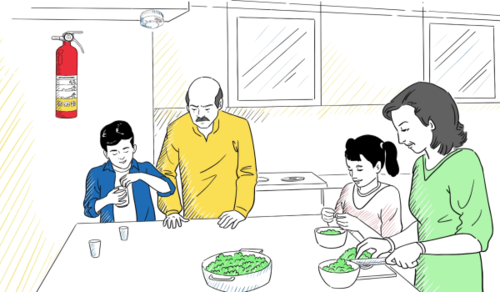
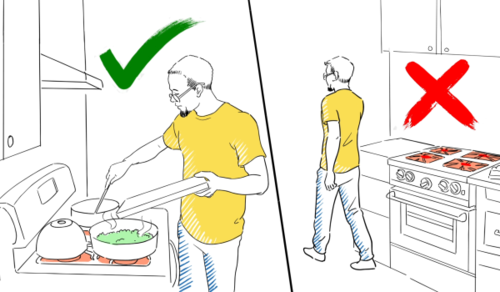

Calling 9-1-1
Know how to call 9-1-1 for emergency assistance if something life-threatening happens and needs immediate police, firefighter, or emergency medical support. Here are some examples of when you should call 9-1-1:
- You can’t stop a fire with your extinguisher.
- A stranger is trying to break into your home or is threatening your family.
- Someone at home has trouble breathing, faints and cannot be revived, or has had a severe accident.
By following these home safety tips, you can create a safe and comfortable living environment for you and your family.
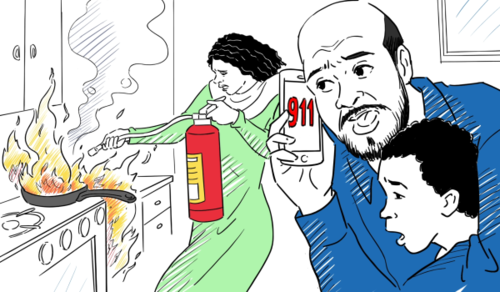
Frequently Asked Questions
If you are not fluent in English, 9-1-1 interpreters are available to help. When calling 911, know how to say in English what your language is. For example, learn and practice saying, “I speak Spanish,” “I speak Pashto,“ or “I speak Arabic“ in English.
